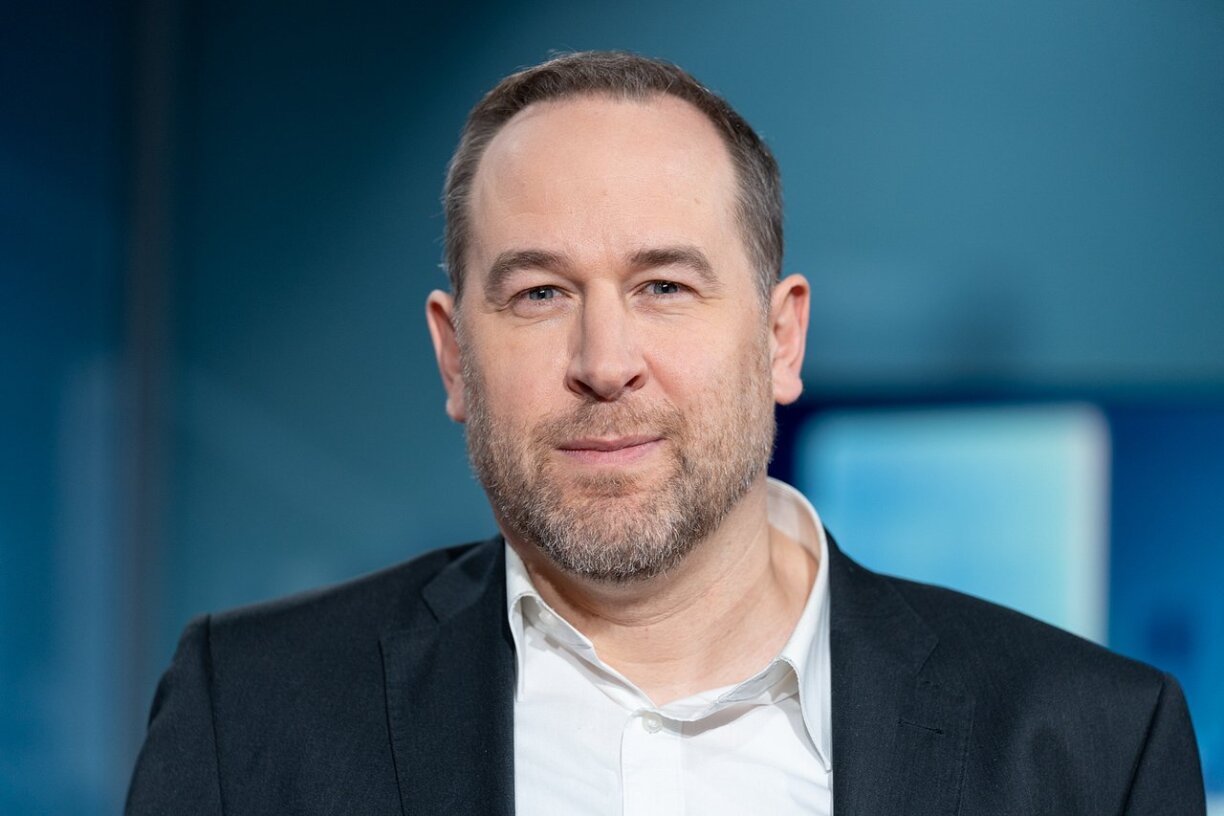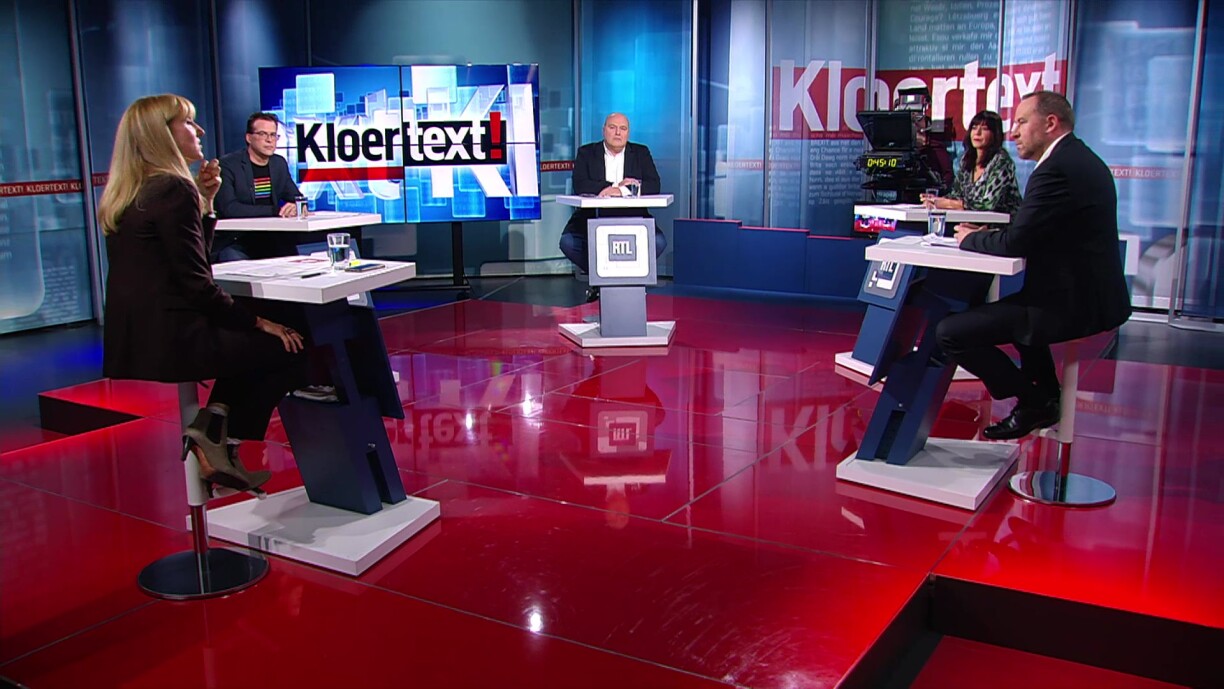
Director of the Centre for the Luxembourgish Language Luc Marteling shared his view that “Luxembourgish is a fully-fledged language that we can still expand further”.
Pierre Reding, new Commissioner for the Luxembourgish language at the Ministry for Eductation, Children and Youth, labelled today’s Luxembourgish as emancipated. He explained that the language continues evolving and remains attractive, which he sees reflected in the great number of people determined to learn Luxembourgish.
Yet, there are also people who see Luxembourgish as being endangered. One of them is Tom Weidig, executive member of the Alternative Democratic Reform Party (ADR) and co-author of the book ‘We Do Not Give Up on Luxembourgish’.
Weidig lamented that Luxembourgish is not being spoken enough: “For me, a Luxembourger is somebody who speaks to me in Luxembourgish, regardless of whether they have a Luxembourgish passport or not. I do think that there is a connection, because that language exists nowhere else in the world.”
Valerija Berdi, a journalist at Radio 100,7 who focuses on culture, moved from Yugoslavia to Luxembourg as a child. She believes that the primary function of a language is being a means of communication.
Communication is also the most important goal in the eyes of Marteling, who strongly disagreed with Weidig’s statement: “I refuse to believe that only ‘a person who speaks Luxembourgish is a Luxembourger, deserves a Luxembourgish passport, and is thereby integrated’. I don’t think that it is as simple as that. We can hear that in the motivation, learning a language can be a selfish act, it doesn’t have to be an act of patriotism. I also think it is a bit strange to portray it as either a weakness or problem that we are able to get by in Luxembourg with another language. I think it is one of our strengths.”
Weidig expressed his belief that the marginalisation of Luxembourgish is observable in everyday life. He further explained that he often opts for English instead of French, as he feels more comfortable this way.
Berdi drew attention to the fact that one should not only think about themselves: “You dislike French saying you are not as proficient at it, which means you either did not study well or did not want to study well. You repeatedly said that you speak English very well, however, so you think that this is an argument for the whole of Luxembourg to no longer learn French, but only English and Luxembourgish. But, the French language has roots here in this country.”
Marteling has little doubt that Luxembourgish will survive. The only question is “which Luxembourgish survives”, he noted. He believes it to be a fact that the language will have changed in ten or 20 years.
There are current examples for this. Having breakfast in Luxembourgish is usually expressed in the phrase ‘Kaffi drénken’, which literally translates to ‘drinking coffee’. The German loanword ‘früstücken’ is however also being used frequently by some.
Marteling explained that there are two choices for such cases in the Luxembourg Online Dictionary (LOD): “Either we include it, or we don’t. Including half a word is hardly possible. The worst solution in my opinion is hearing a word and coming up empty when searching for a result. Nobody gets anything out of this and it is also not good for the website if you don’t find an answer. If we include a word, some people might be happy and learn that we spell it without an ‘h’ in Luxembourgish.”
‘Früstücken’ is expected to soon be included in the LOD because it is frequently being used, but that does not mean that it is recommended to use it, elaborated Marteling. In such cases, a synonym is added and it is stressed that a word is still new.
Reding agreed that officials have to listen to how people are using the language: “This exemplifies that Luxembourgish is a living language. The language always has to reflect reality. Today is different than 50 years ago, and again different than 100 years ago. It is unfortunately the case that words disappear, then they get removed from the dictionary, which means we have to preserve them elsewhere. That means we also have a duty to take care of this heritage.”
Luc Marteling
Director of the Centre for the Luxembourgish Language
Author and editor
Former journalist
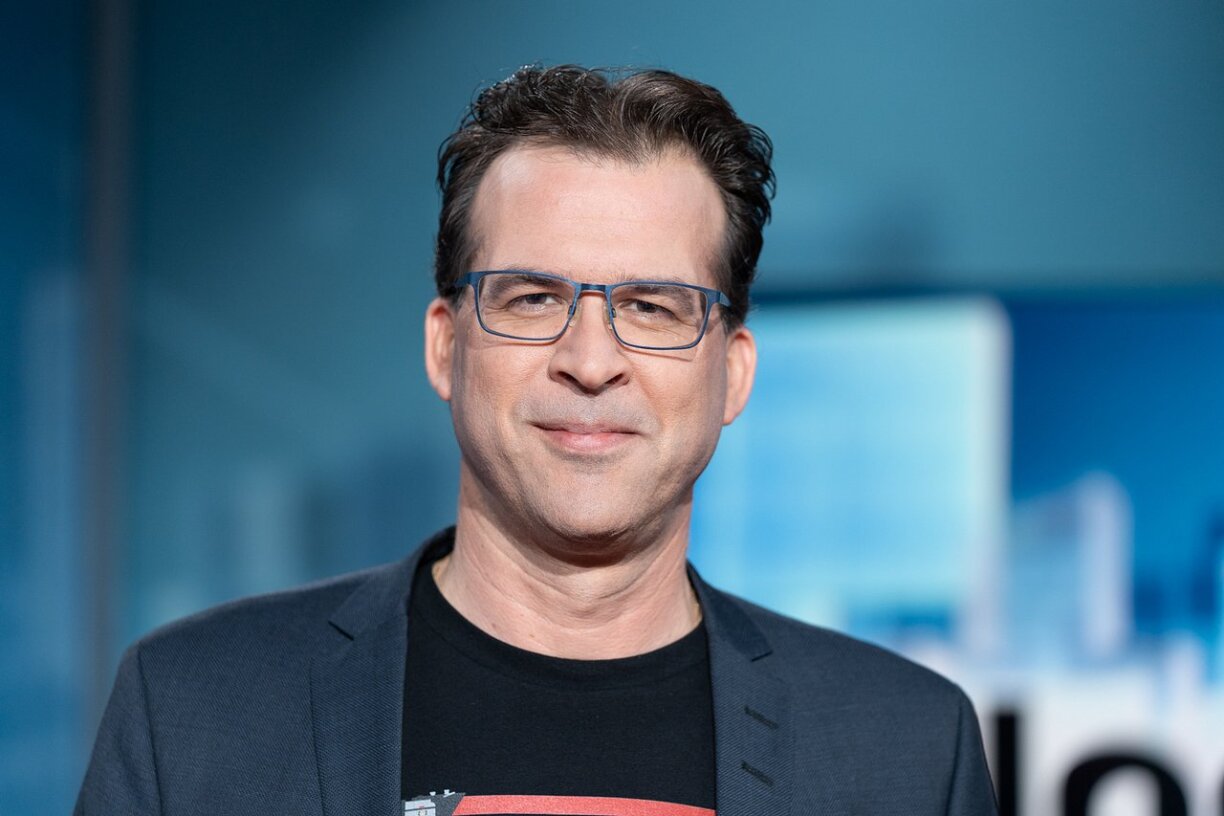
Pierre Reding
Commissioner for the Luxembourgish language
First Councillor at the Ministry for Eductation, Children and Youth
Integration directorate
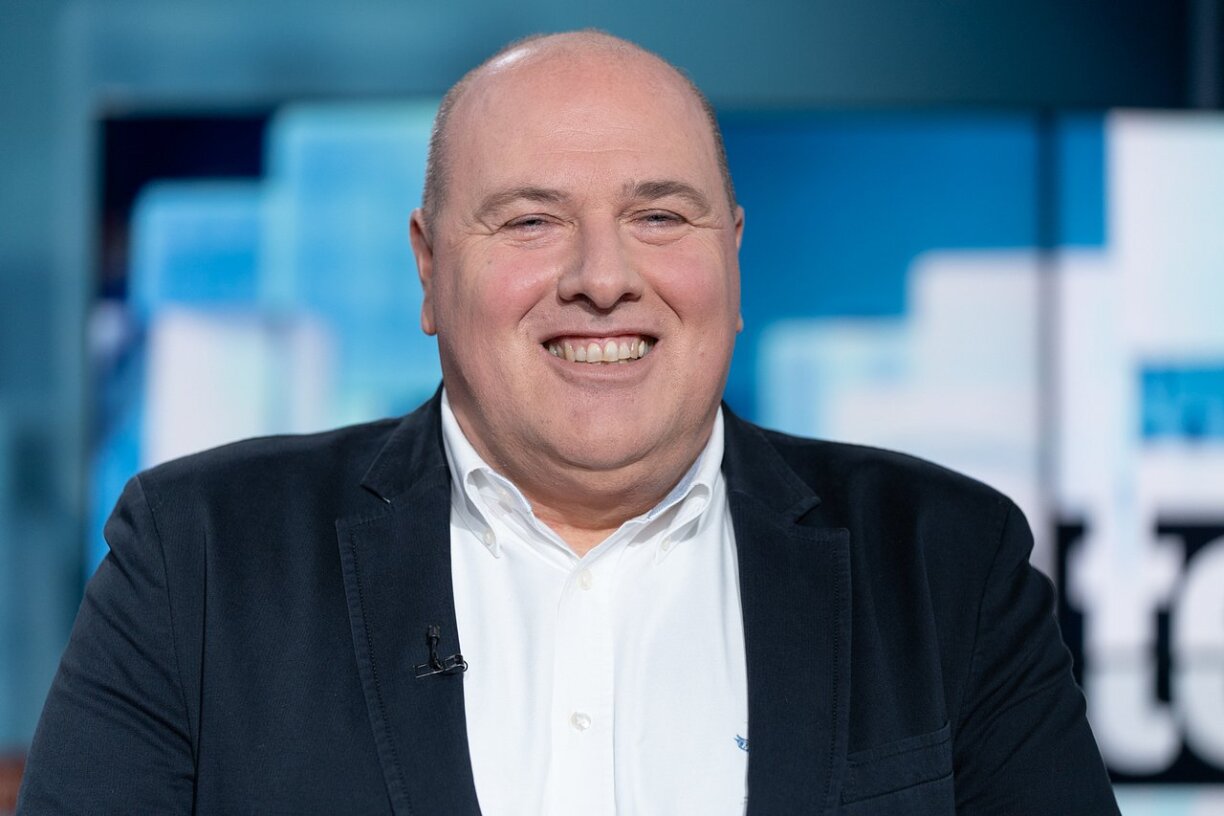
Valerija Berdi
Journalist focused on culture at Radio 100,7
Former teacher focused on integration
Moved from Yugoslavia to Luxembourg as a child
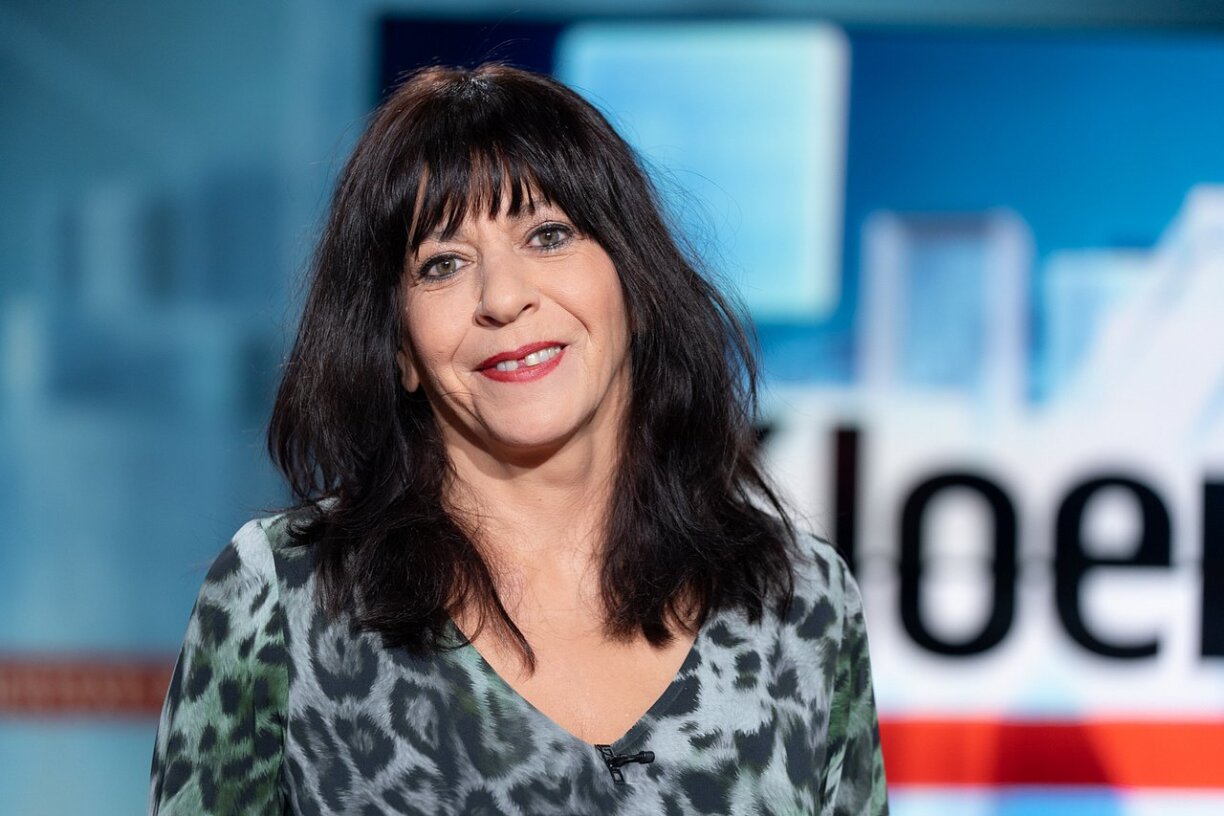
Tom Weidig
Treasurer at ‘Action Luxembourgish’
Executive member of the Alternative Democratic Reform Party (ADR)
Co-author of ‘We Do Not Give Up on Luxembourgish’
